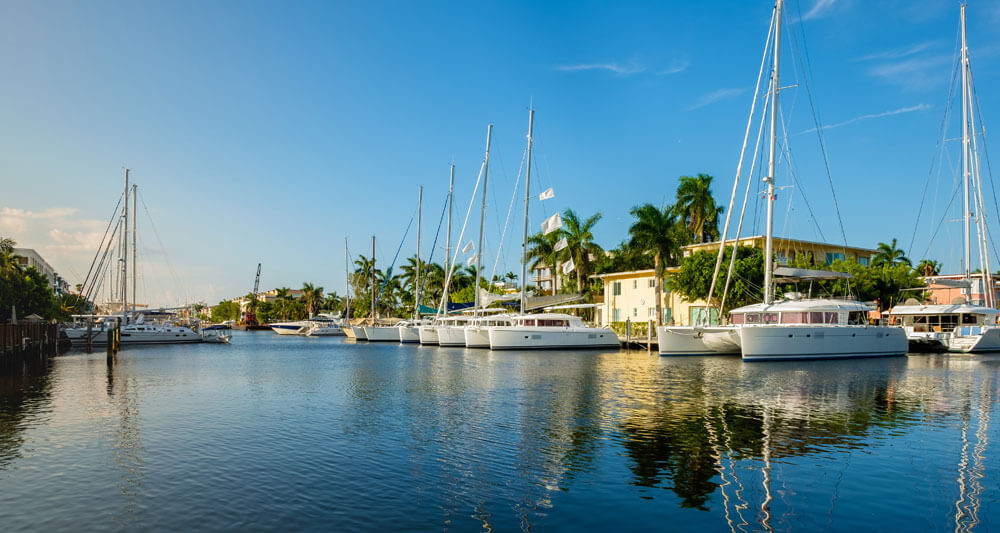Factors to Consider When Choosing a Home to Retire In

Planning for your retirement can require a lot of strategic planning. Picking when to retire, what you will do with your time at that point and deciphering what role your home will play are all important parts of the equation.
Many baby boomers are reaching retirement age these days so the question of what to do with your home is presenting itself more often. The real estate market is still lacking in inventory in both the starter and trade-up market segments so it is wise to take a look at your home and assess it for your retirement needs.
Here are 7 things to consider as you go about this according to the National Association of Exclusive Buyers Agents (NAEBA).
Equity – “If you have equity in your current home, you may be able to apply it to the purchase of your next home. Maintaining a healthy amount of home equity gives you a source of emergency funds to tap, via a home equity loan or reverse mortgage.” In a lot of cases the equity that you have in your home can be enough to purchase a retirement home with little or no mortgage.
Affordability – “It may be easy enough to purchase your home today but think long-term about your monthly costs. Account for property taxes, insurance, HOA fees, utilities – all the things that will be due whether or not you have a mortgage on the property.” Factor in all of these things and assess if it would be cheaper to move to a home with lower taxes as you consider what your income is going to look like when you retire.
Maintenance – “As we age, our tolerance for cleaning gutters, raking leaves and shoveling snow can go right out the window. A condominium with low-maintenance needs can be a literal lifesaver, if your health or physical abilities decline.” Decide whether or not a condo with an HOA would be easier and more economical rather than hiring or doing maintenance yourself.
Security – “Elderly homeowners can be targets for scams or break-ins. Living in a home with security features, such as a manned gate house, resident-only access and a security system can bring peace of mind.” The added comfort for potential lockouts can be beneficial as well.
Pets – “Renting won’t do if the dog can’t come too! The companionship of pets can provide emotional and physical benefits.” Consider your pets and if your new home may require additional fees, deposits or if they are even allowed.
Mobility – “No one wants to picture themselves in a wheelchair or a walker, but the home layout must be able to accommodate limited mobility.” Wider hallways, handrails and single level living are good things to consider as they make for friendlier living conditions.
Convenience – “Is the new home close to the golf course or to shopping and dining? Do you have amenities within easy walking distance? This can add to home value!” Consider the location and if it is close to family and friends. Will you also be located close to the services that you need frequently? All of these things can cut down on travel making for easier living.
Bottom Line – When you plan your retirement, evaluate your current home to see if fits your needs as your first step. If you decide to pursue options for a new home, contact me and we can discuss your needs and the current market so that we can find the best solution for you.
